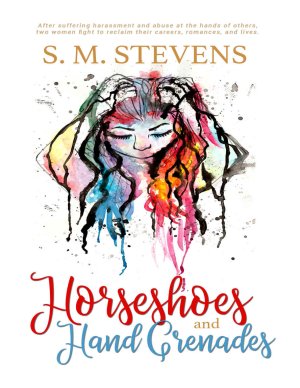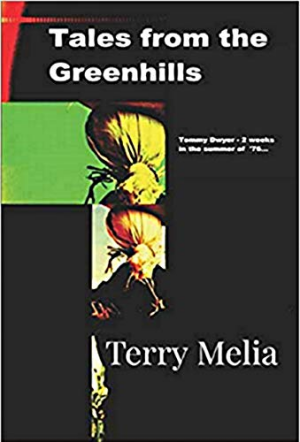Susan Bell’s The artful edit should be required reading for anyone who writes and/or calls themselves an editor.
First, it is a how-to of the mind, not of the pen (or keyboard). You won’t find rules on punctuation or grammar (or if they’re in there, I didn’t notice).
What you will find is page after page of stunning insight into how editing and editorial minds work. Most authors I know read through their manuscripts at least once before submitting them for publication. I know what I look for during such reads and realize now I’m skimming the surface.
Bell explains different editing methodologies in wonderful detail. More than that, she shares how a variety of editors work, what’s in their heads while they edit, what they look for, their goals for manuscripts, and much more.
The artful edit is rife with examples (another major plus for me). Each example comes from the exchange between an author and their editor (of which she is one) and is detailed by the exchange itself. How did The Great Gatsby become great? What became of the editor who wanted to hem in Hemingway?
Bell’s bibliography is a prize in itself, a must reading list.
Greetings! I’m your friendly, neighborhood Threshold Guardian. This is a protected post. Protected posts in the My Work, Marketing, and StoryCrafting categories require a subscription (starting at 1$US/month) to access. Protected posts outside those categories require a General (free) membership.
Members and Subscribers can LogIn. Non members can join. Non-protected posts (there are several) are available to everyone.
Want to learn more about why I use a subscription model? Read More ch-ch-ch-ch-Changes Enjoy!
 “My room is cold.” – S.M. Stevens’ Horseshoes and Hand Grenades
“My room is cold.” – S.M. Stevens’ Horseshoes and Hand Grenades

